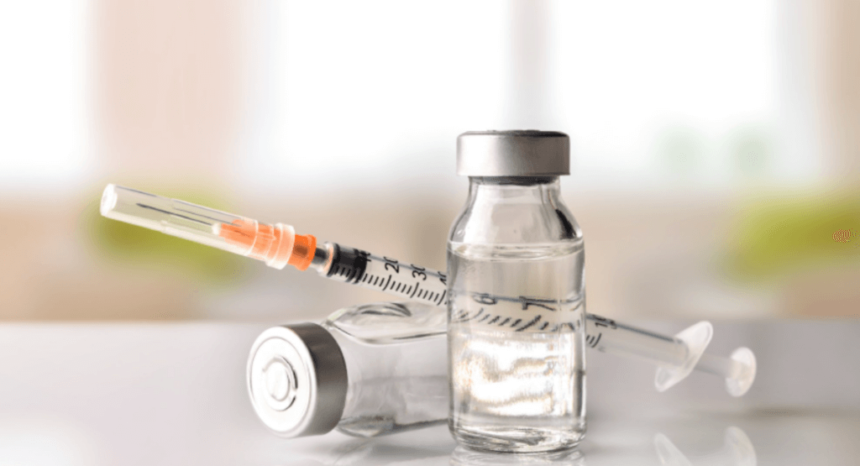The human body undergoes various changes as it ages. While many of these changes are natural, they can sometimes lead to a decline in physical, cognitive, and metabolic functions. Efforts to slow down or mitigate these effects have led to advancements in medical and wellness therapies; one emerging approach is peptide therapy. It has been utilized for its potential in addressing age-related decline.
What Is Peptide Therapy?
Peptides are short chains of amino acids, which are the building blocks of proteins. These naturally occurring molecules are fundamental to a wide range of physiological processes, including hormone regulation, metabolic function, and tissue repair. Different peptides specialize in distinct functions, making them highly versatile within the body.
Peptide therapy involves the use of these amino acid chains to target specific areas of the body in need of support. When administered, these peptides aim to stimulate biological functions or processes that may have slowed with age or been disrupted due to environmental factors. This therapy is typically delivered through injections, creams, or oral tablets. Since peptides naturally occur in the body, this therapy is often viewed as a targeted and minimally invasive option.
What Does It Address?
Peptide therapy is designed to target a variety of conditions and concerns that frequently arise with age. Aging often brings changes in hormone production, which can affect energy levels, mood, immunity, and metabolism. Peptides like growth hormone-releasing hormones (GHRHs) may encourage the production of naturally occurring hormones, helping to recalibrate internal systems.
Reductions in muscle mass and joint flexibility are common in older adults. Peptide therapy may help support muscle recovery, improve tissue repair, and promote joint health by stimulating cell regeneration and reducing inflammation. Peptides aimed at metabolic health seek to optimize fat breakdown and enhance energy usage, which may assist in weight management. The appearance and elasticity of skin often diminish with age due to reduced collagen production. Certain peptides focus on stimulating collagen synthesis, enhancing hydration, and promoting skin repair to combat wrinkles, sagging, and other signs of aging.
What Are the Benefits?
Peptide therapy contains the capacity to promote overall wellness through numerous benefits. It presents a versatile approach by targeting specific challenges commonly linked to the aging process. Here are some of the enhancements individuals may experience:
- Improved Energy Levels: Stimulation of hormones and metabolic processes can lead to noticeable increases in energy and vitality.
- Enhanced Muscle Recovery: This therapy may facilitate faster tissue repair and increase endurance, making physical activity more manageable and enjoyable.
- Support for Restful Sleep: Many peptides used in therapy aim to restore hormonal balance, which can positively influence sleep cycles.
- Sharper Mental Function: Peptides that focus on brain health often contribute to improved memory and greater mental clarity.
- Improved Skin Health: With increased collagen production and cellular repair, peptide therapy can enhance skin elasticity and promote a youthful appearance.
- Overall Wellness: Whether aiding in metabolism, hormonal health, or tissue repair, this therapy offers a multi-faceted approach to supporting the body’s natural processes.
Seek Professional Wellness Services
While peptide therapy presents exciting possibilities, it is integral to approach this treatment with professional guidance. Qualified practitioners assess individual needs, identify suitable peptides, and customize therapy according to specific health goals. With careful planning and monitoring, this innovative approach has the potential to support wellness throughout the aging process.









